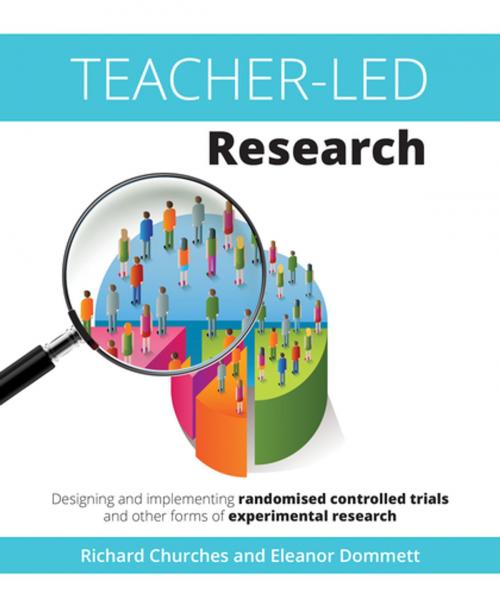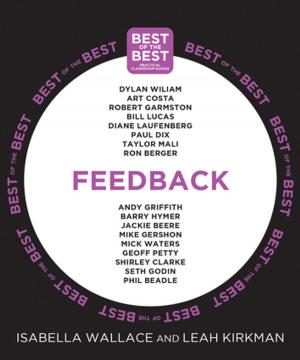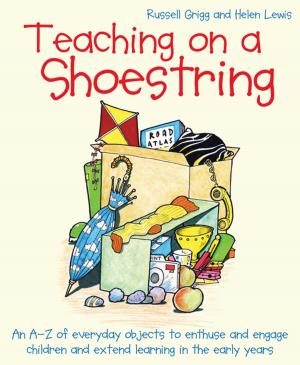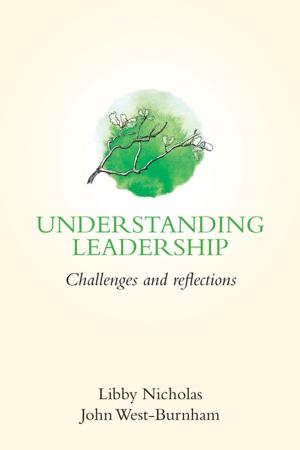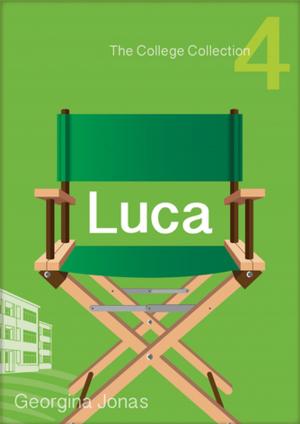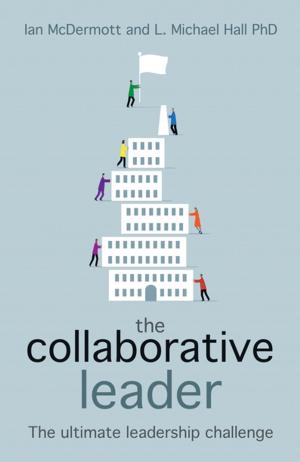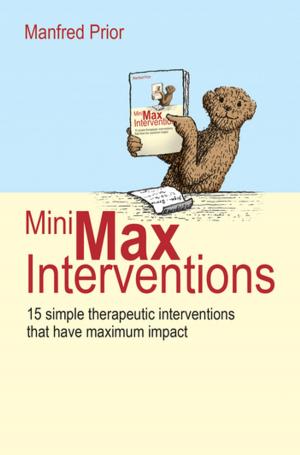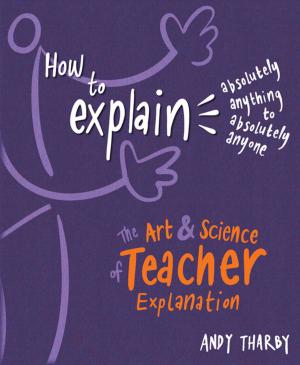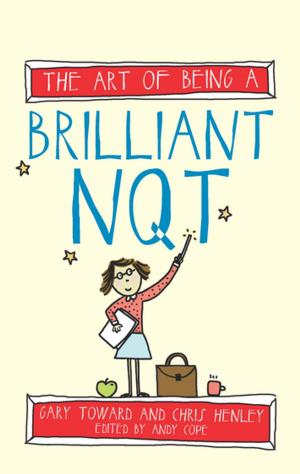Teacher-Led Research
Designing and implementing randomised controlled trials and other forms of experimental research
Nonfiction, Reference & Language, Education & Teaching, Teaching, Teaching Methods| Author: | Richard Churches, Eleanor Dommett | ISBN: | 9781785830402 |
| Publisher: | Crown House Publishing | Publication: | January 28, 2016 |
| Imprint: | Crown House Publishing | Language: | English |
| Author: | Richard Churches, Eleanor Dommett |
| ISBN: | 9781785830402 |
| Publisher: | Crown House Publishing |
| Publication: | January 28, 2016 |
| Imprint: | Crown House Publishing |
| Language: | English |
Please note: due to the tabular nature of some of the content, this ebook is best viewed on a larger screen. Teacher-led research can transform practice and enhance attainment and school improvement. Teacher-Led Research by Richard Churches and Eleanor Dommett equips teachers with the essential knowledge to design their own classroom research projects. With knowledge of scientific method, teachers can conduct their own research into areas of particular interest in their classrooms, taking control of education research and using it to inform their practice. Teachers can, for example, assess the impact of different pedagogies and prove which strategies work, which can ultimately enhance learning and attainment for pupils and drive whole-school improvement. New and innovative approaches led by teaching schools (outstanding schools following the model of teaching hospitals) are beginning to apply the same approaches used in clinical practice to their school improvement focused research work. In Teacher-Led Research you will learn how to apply similar approaches within your own classroom and in collaboration with others across different schools. Teacher-Led Research is a how-to guide for teachers, whether they use the term evidence-based, evidence-informed, evidence-engaged or evidence-led to describe the way they think about the challenge of making a difference to the learners they teach. Richard and Eleanor take teachers through the process of designing, implementing and writing up a study, encouraging them to focus on how they could apply this to their own context and interests. Teacher-Led Research provides an introduction to scientific method and guides teachers from research question to hypothesis, covers designing experimental research and implementing a study, and introduces the statistical concepts needed to analyse and write up research, enhancing teachers’ research literacy. Finally, it provides a guide to interpreting findings and writing up research. This is an essential guide for anyone wanting to conduct their own randomised controlled trials, carry out their own classroom-based studies, collaborate with other schools on projects or just better understand teacher-led research and what it could mean for their practice. This book will be of interest to anyone who is involved in school-level practitioner research, or who wishes to develop their skills in this area. It will also be of interest to teachers who are beginning university education qualifications.
Please note: due to the tabular nature of some of the content, this ebook is best viewed on a larger screen. Teacher-led research can transform practice and enhance attainment and school improvement. Teacher-Led Research by Richard Churches and Eleanor Dommett equips teachers with the essential knowledge to design their own classroom research projects. With knowledge of scientific method, teachers can conduct their own research into areas of particular interest in their classrooms, taking control of education research and using it to inform their practice. Teachers can, for example, assess the impact of different pedagogies and prove which strategies work, which can ultimately enhance learning and attainment for pupils and drive whole-school improvement. New and innovative approaches led by teaching schools (outstanding schools following the model of teaching hospitals) are beginning to apply the same approaches used in clinical practice to their school improvement focused research work. In Teacher-Led Research you will learn how to apply similar approaches within your own classroom and in collaboration with others across different schools. Teacher-Led Research is a how-to guide for teachers, whether they use the term evidence-based, evidence-informed, evidence-engaged or evidence-led to describe the way they think about the challenge of making a difference to the learners they teach. Richard and Eleanor take teachers through the process of designing, implementing and writing up a study, encouraging them to focus on how they could apply this to their own context and interests. Teacher-Led Research provides an introduction to scientific method and guides teachers from research question to hypothesis, covers designing experimental research and implementing a study, and introduces the statistical concepts needed to analyse and write up research, enhancing teachers’ research literacy. Finally, it provides a guide to interpreting findings and writing up research. This is an essential guide for anyone wanting to conduct their own randomised controlled trials, carry out their own classroom-based studies, collaborate with other schools on projects or just better understand teacher-led research and what it could mean for their practice. This book will be of interest to anyone who is involved in school-level practitioner research, or who wishes to develop their skills in this area. It will also be of interest to teachers who are beginning university education qualifications.
